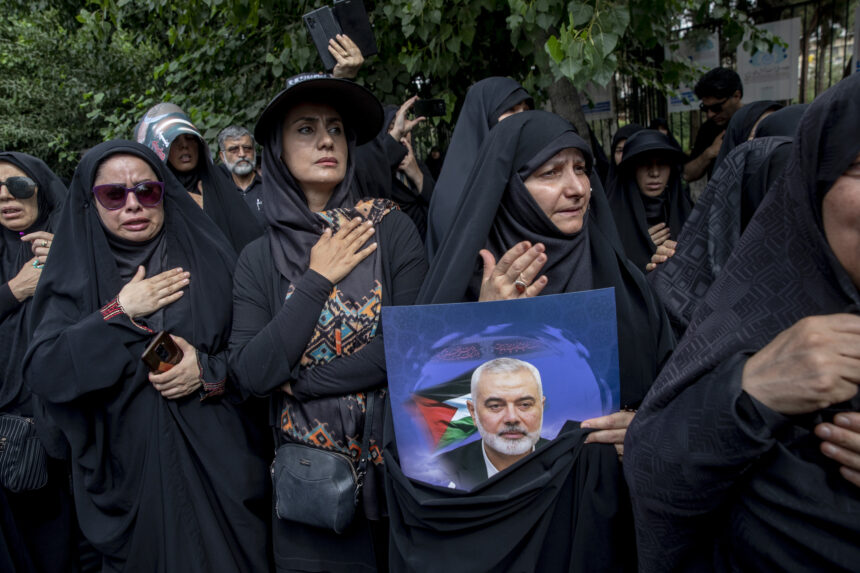Introduction
In a tragic escalation of the Israel-Iran conflict, recent Israeli airstrikes on Tehran and other Iranian cities have left dozens of civilians dead and hundreds injured. While many Iranians grieve for those lost in the bombings, public sympathy is notably lacking for the regime’s senior military commanders who were also targeted and killed.
💥 Death Toll and Civilian Impact
According to Iranian state media via BBC Persian, at least 78 people were killed in the capital Tehran alone, with over 300 others wounded. Israeli forces claimed they targeted military and nuclear facilities, but images of shattered apartment blocks and destroyed vehicles tell a different story—of innocent lives upended by war.
“This incident was truly horrific,” said a Tehran resident. “We live so close to the explosions and I really hope the situation won’t get worse. Civilians should not have been hurt.”
⚠️ Rising Anger at Iran’s Leaders
Despite the trauma, many Iranians are directing their outrage not just at Israel, but also at their own government. The Islamic Republic’s support for armed groups in Iraq, Lebanon, and Gaza—combined with its persistent nuclear ambitions—are being blamed for dragging Iran into this conflict.
“I’m not pro-Islamic Republic,” another citizen told BBC Persian, “but this is about Iran, about home. They are attacking us, killing our people—and it’s our own leaders who brought this upon us.”
📉 No Sympathy for Commanders
The killing of senior commanders from the Islamic Revolutionary Guard Corps (IRGC) has not sparked national mourning. These figures, widely seen as architects of brutal crackdowns against peaceful protesters in recent years, are viewed by many as part of the problem.
Critics have highlighted the regime’s hypocrisy: quick to police women over hijab laws, yet apparently powerless to prevent devastating attacks on Iranian soil. This duality has eroded public trust and deepened resentment toward ruling elites.
🎾 Death of Padel Player Parsa Mansour
Among the civilian victims was rising Iranian padel tennis player Parsa Mansour, whose death was confirmed by the Iranian Tennis Federation. He was reportedly returning from training when he was killed in the strikes. The location was not disclosed.
💬 Voices from the Ground
Farnoosh Rezaei, a nurse in Tehran, told AFP: “Israel is struggling with its last breath to achieve something, but still, it won’t succeed.”
Others demanded retaliation. Ahmad Moadi, a retired academic, told AFP, “They’ve eliminated so many professors and scientists. How much longer should we live in fear? What’s left to say?”
Meanwhile, Ahmed Razaghi, 56, said, “So many scientists worked hard for our nuclear program. Now Israel wants to take that from us? It’s completely unacceptable.”
🌍 International Reaction and Context
This attack comes amid heightened regional tension. In recent days, Israel has ramped up its military response against Iranian-linked targets, citing threats from Iran’s nuclear development and proxy networks.
The international community remains divided, with Western allies expressing concern over escalation while others call for diplomatic restraint.
📰 Related Coverage on The Morning News Informer
🔚 Conclusion: Grief, Anger, and Uncertainty
As funerals begin and grief grips the nation, Iran is at a crossroads. The deaths of civilians—children, athletes, the elderly—have united a fractured public in sorrow. But the same public refuses to grieve for commanders seen as complicit in the nation’s vulnerability.
With the threat of further violence looming and international diplomacy faltering, the Iranian people face the unimaginable: war at home and no clear path to peace.


